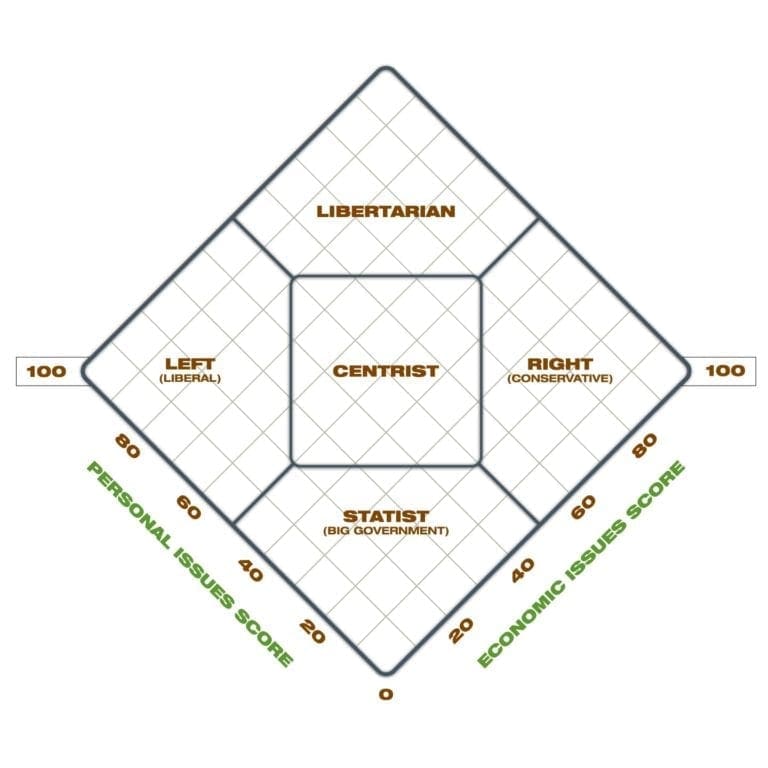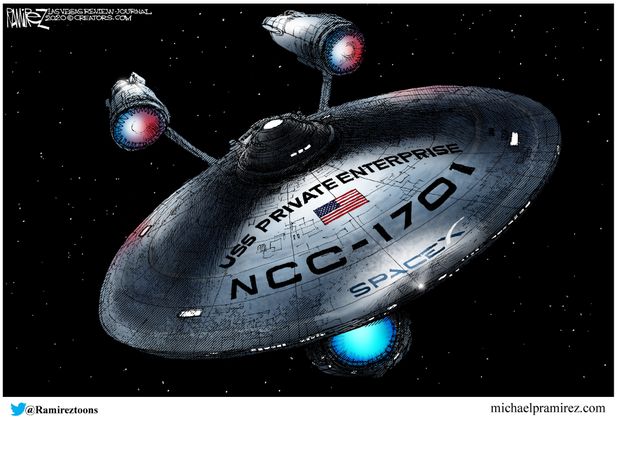Stryder50
Platinum Member
Consistent with the message of the OP (Opening Post) Title; a first start point would be that of WEALTH versus MONEY.
Two concepts often confused and mangled/mingled in dialogue and minds of some when dealing with "Economics".
NOTE: going to start here with some basic applications and uses of the terms, nuances and picks-of-nit left to any others whom care to join in/get involved.
Wealth - Wikipedia
WEALTH = Goods or Services of Market Value such that others are willing to exchange their goods/services for such. basically engage in Trade (originally Barter).
Wealth - Wikipedia
[Read More]
Money - Wikipedia
MONEY = A device used to achieve two goals in dealing with Wealth;
1) A means(device) for measuring Wealth
2) A means/device to facilitate the exchange/trade in Wealth that circumvents the cumbersome and often inequitable process of Barter.
Money - Wikipedia
[Read More]
A "formula" I came across a few decades ago might be useful for consideration here;
((Human Energy(HE) times(x) Tools (T) [Knowledge/Skills; "picks-n-shovels"; Steamships, train, planes and trucks; factories; Etc.] )) Plus (+) Resources(R) Equals(=) Wealth(W)
(HE x T) + R = W
Basically, humans doing something/stuff(working) will produce Wealth ...
... from crops to harvest, through to manufactured goods and consumables, etc.
The Value of those produced Goods and/or Services are Wealth and can be expressed and traded in Money.
Two concepts often confused and mangled/mingled in dialogue and minds of some when dealing with "Economics".
NOTE: going to start here with some basic applications and uses of the terms, nuances and picks-of-nit left to any others whom care to join in/get involved.
Wealth - Wikipedia
WEALTH = Goods or Services of Market Value such that others are willing to exchange their goods/services for such. basically engage in Trade (originally Barter).
Wealth - Wikipedia
[Read More]
Money - Wikipedia
MONEY = A device used to achieve two goals in dealing with Wealth;
1) A means(device) for measuring Wealth
2) A means/device to facilitate the exchange/trade in Wealth that circumvents the cumbersome and often inequitable process of Barter.
Money - Wikipedia
[Read More]
A "formula" I came across a few decades ago might be useful for consideration here;
((Human Energy(HE) times(x) Tools (T) [Knowledge/Skills; "picks-n-shovels"; Steamships, train, planes and trucks; factories; Etc.] )) Plus (+) Resources(R) Equals(=) Wealth(W)
(HE x T) + R = W
Basically, humans doing something/stuff(working) will produce Wealth ...
... from crops to harvest, through to manufactured goods and consumables, etc.
The Value of those produced Goods and/or Services are Wealth and can be expressed and traded in Money.


